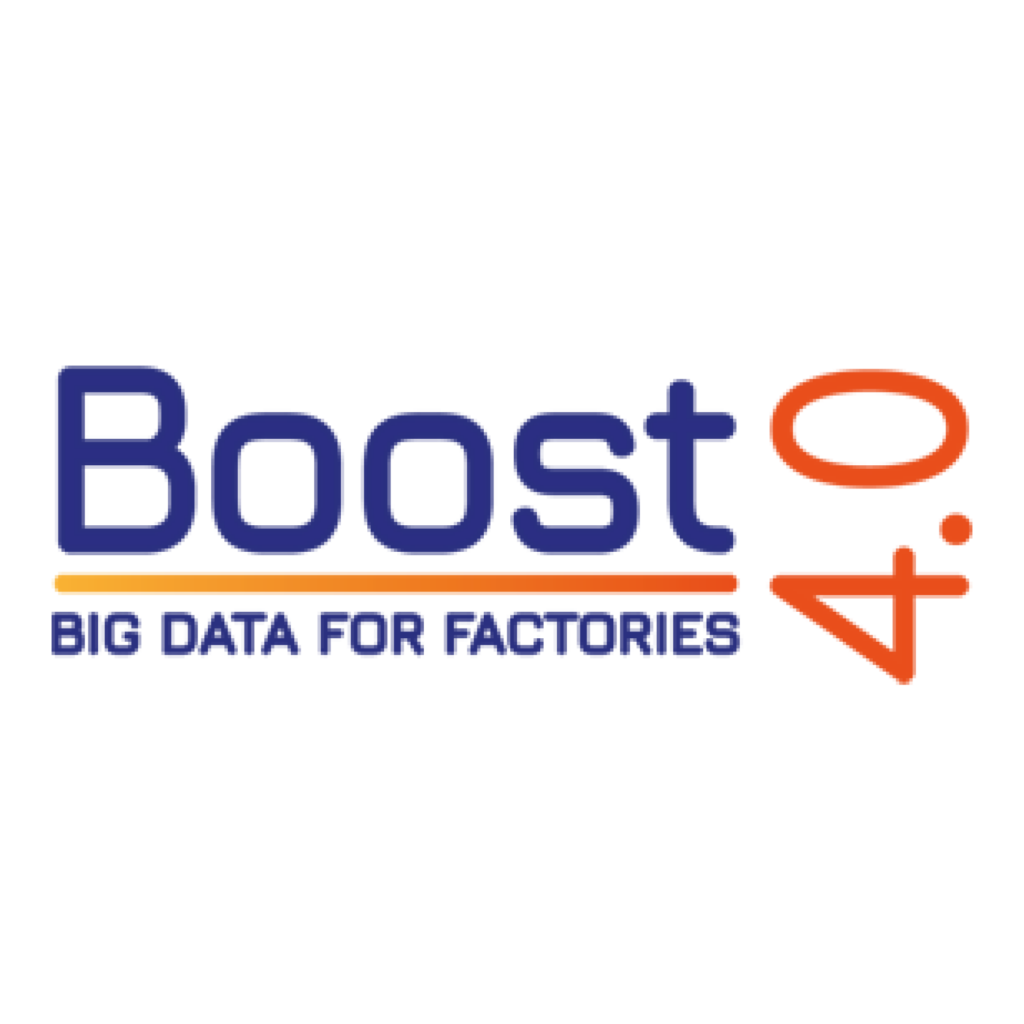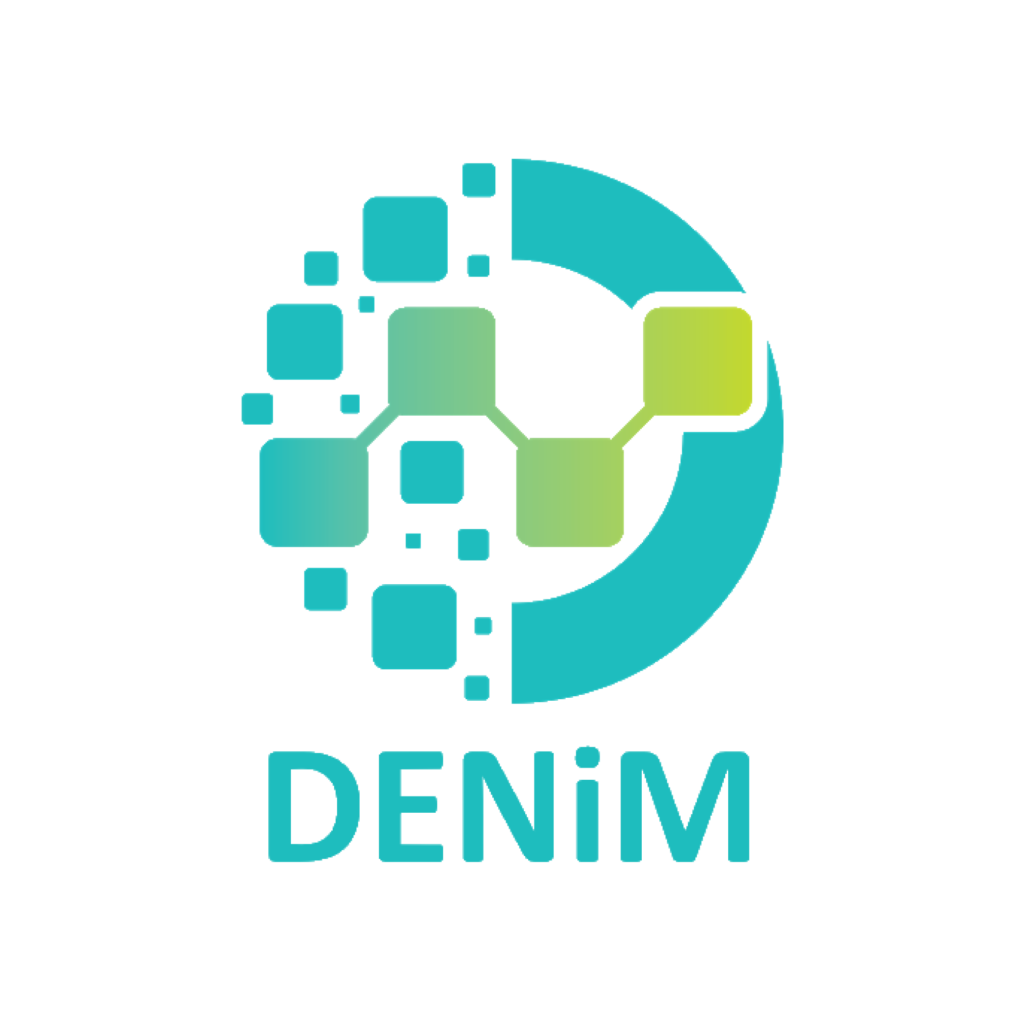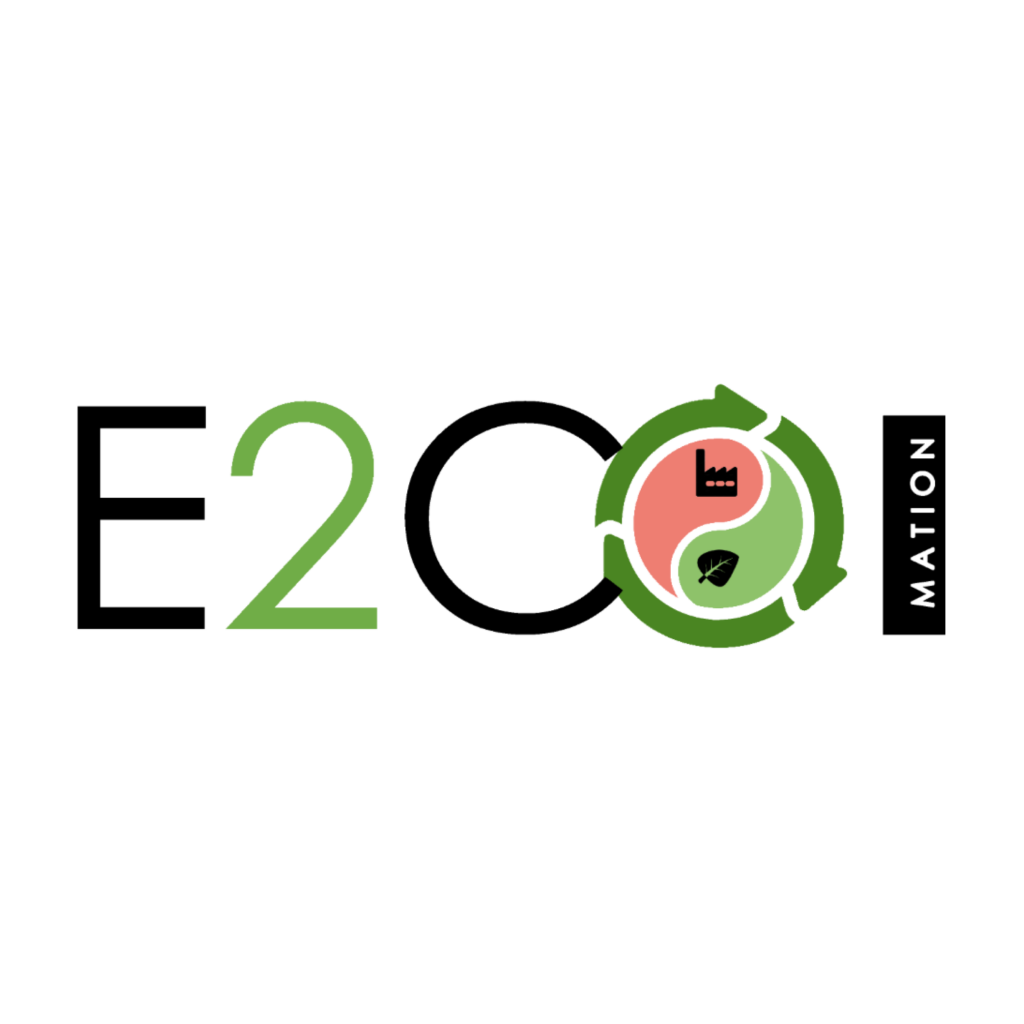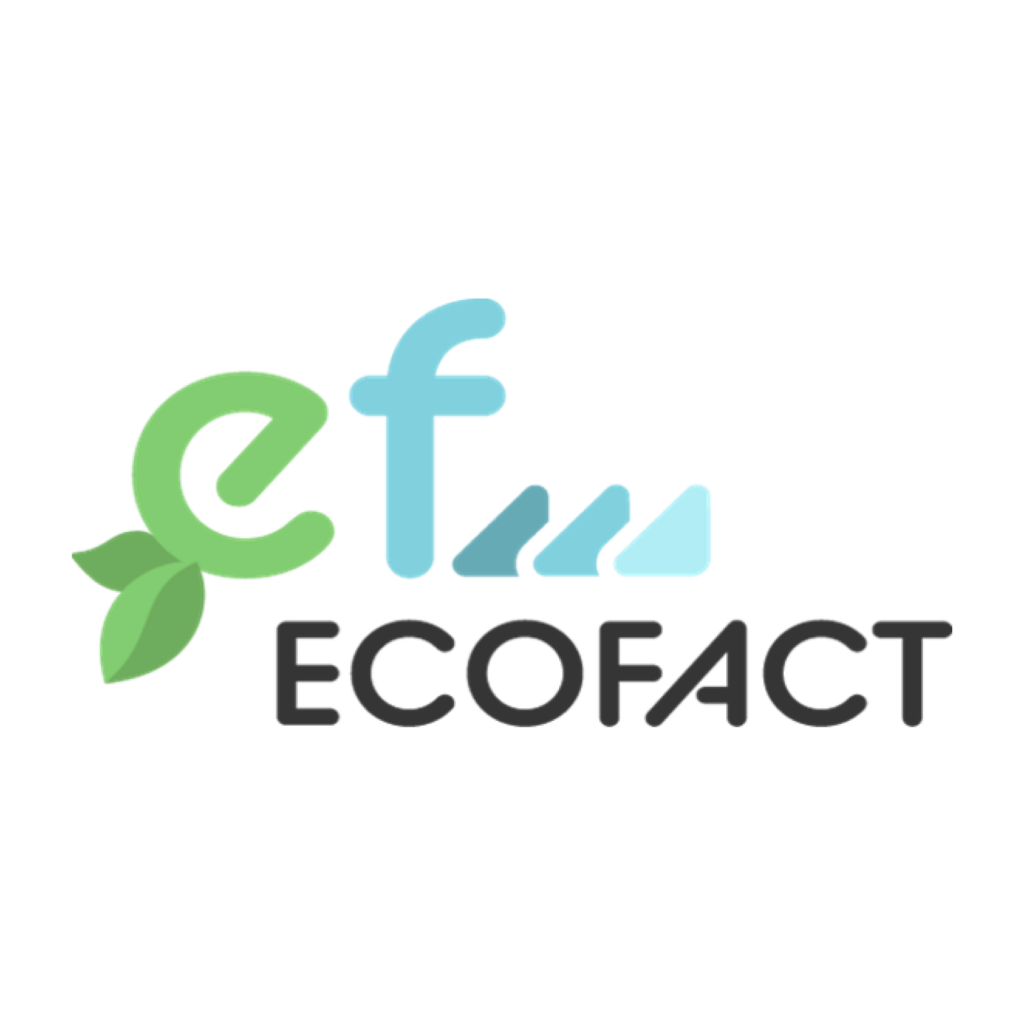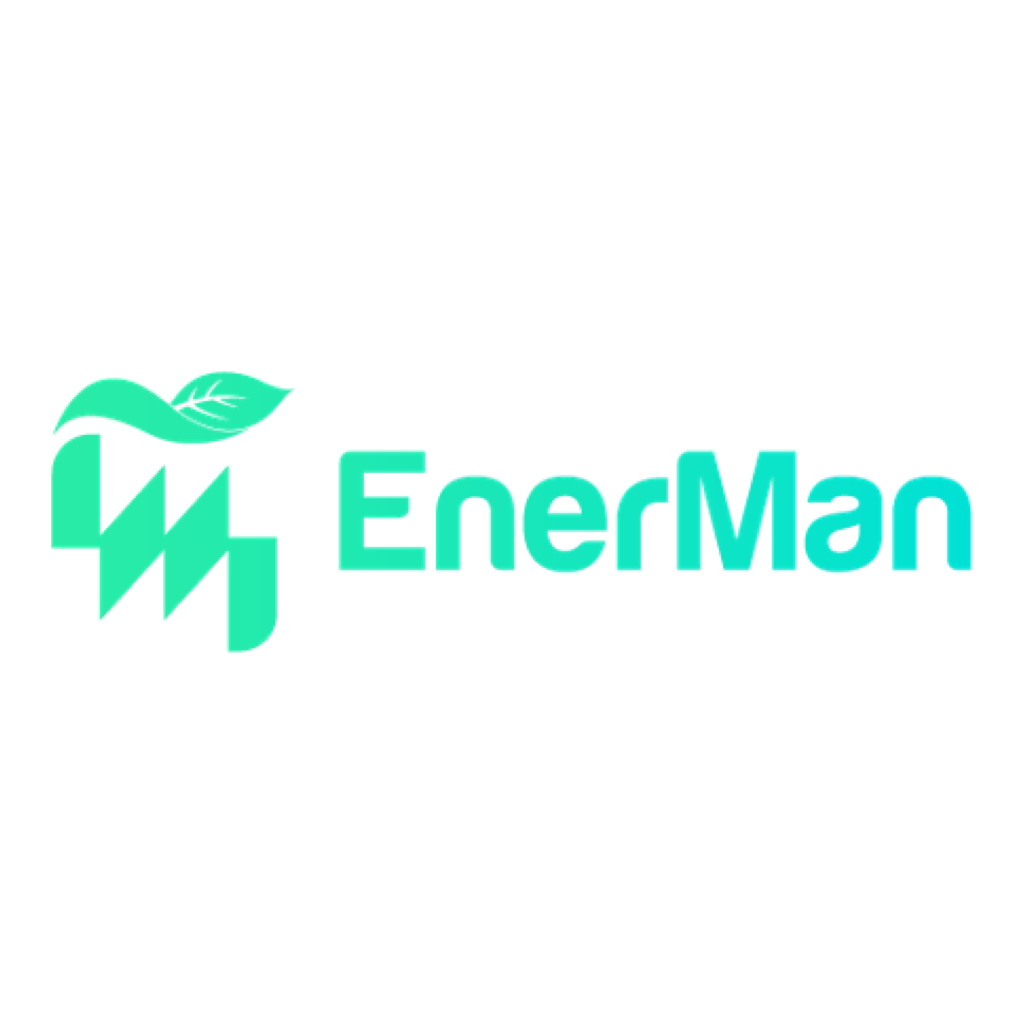EFFRA recommendations on Factories 4.0 and Beyond (Sept 2016) clearly stated the need for development of large scale experimentation and demonstration of data-driven “connected smart” Factories 4.0 to retain European manufacturing competitiveness. BOOST 4.0 will address this need, by demonstrating in a measurable and replicable way, an open standardised and transformative shared data-driven Factory 4.0 model through 10 lighthouse factories. BOOST 4.0 will also demonstrate how European industry can build unique strategies and competitive advantages through big data across all phases of product and process lifecycle (engineering, planning, operation, production and after-market services) building upon the connected smart Factory 4.0 model to meet the Industry 4.0 challenges (lot size one distributed manufacturing, operation of zero defect processes & products, zero break down sustainable operations, agile customer-driven manufacturing value network management and human centred manufacturing).
Digitalisation represents a new challenge for the European process industries, which need to handle an increasingly wide range of actions. Cognition capabilities will permit the sector to improve its flexibility and performance. The EU-funded CAPRI project will establish, test and demonstrate an advanced cognitive automation platform (CAP) for process industry digital transformation. The platform will help the sector increase its flexibility of operations and improve performance through different indicators and cutting-edge quality control of products and intermediate flows. The CAP will be modular and scalable, allowing the development and integration of advanced applications that address manufacturing challenges in significant process sectors such as asphalt, steel-making and pharma.
The project will deliver a methodology and framework to facilitate information flow exchanges across the extended life cycle chain of Products, their Components, their Materials, and Chemicals data, and their related Circularity, Environmental, Social and Economic Information. This linked data will be governed by secure and reliable management standards to create a product catalog that will be easily accessible via a cloud-based platform. CircThread will implement the system in 3 demonstration clusters in Italy, Slovenia, and Spain rolled out across the entire extended life cycle chain of home appliances (incl. washing machines and dishwashers) and home energy systems (incl. boilers, solar-PV systems, and batteries) to test 7 circularity use cases and associated business models.
In the fight against COVID-19, manufacturing and distributing vital medical equipment became a major challenge. Unforeseen spikes in demand for essential medical supplies have been causing a greater urgency for supply chain optimisation and for deploying innovative approaches to scale up flexible and sustainable production methods. To protect European citizens and address the needs of the healthcare sector on short notice, the EU-funded CO-VERSATILE project aims to prepare Europe for managing pandemics by elevating the adaptability and resilience of the manufacturing sector. The goal is to offer manufacturing firms readily available and customisable solutions – accessible via a cloud-based marketplace, Digital Technopole – that enables them to boost the production of medical equipment and respond quickly in times of crises.
Manufacturing is one of the largest energy-consuming sectors and responsible for approximately a third of the global energy demand. Therefore, energy management is key to ensuring that manufacturing remains competitive as well as being sustainable as part of the global energy transition. The EU-funded DENiM project is developing an integrated toolchain for the provision of advanced digital services including secure-edge connectivity leveraging the Internet of Things (IoT), data analytics, digital twin, energy modelling and automation. Digital technologies will play a significant role by providing the ability to automatically monitor and optimise energy usage, while continuously informing users about the environmental and economic impact of decisions made at all stages of the manufacturing process.
The digitisation of manufacturing processes can offer energy saving solutions. For instance, the optimisation or replacement of specific technologies and the application of new software tools may result in significant reductions in energy consumption. The EU-funded E2COMATION project will address the optimisation of energy usage at various stages of the manufacturing process as well as considering the whole life-cycle perspective across the value chain. To monitor, predict, evaluate and optimise the energy and sustainability impact of the behaviour of a factory, E2COMATION will develop a cross-sectoral methodological framework and a modular technological platform. For production performance forecasting, it will enable a holistic analysis of energy-related data streams, leveraging also on a life cycle conceptual paradigm applied to digital twinning of factory assets.
Mass production led to steep decreases in the costs of goods for consumers around the world. The ‘lot size one’ (LSO) scenario – literally referring to the production of one item in one lot – seems like the least efficient manufacturing concept around. However, it turns out that mass production has a lot of downsides, including large amounts of stock of both components and finished products that end up in a secondary liquidation market, sold at drastically reduced prices. LSO and Industry 4.0 have come together to produce a product after the customer has been found, a system in which a customer orders exactly what they want and 100 % of the manufactured items are sold. The EU-funded eFactory project is developing a connected factory platform to enable the agile manufacturing and personalisation required for LSO, positioning the EU as an innovation leader on the global stage.
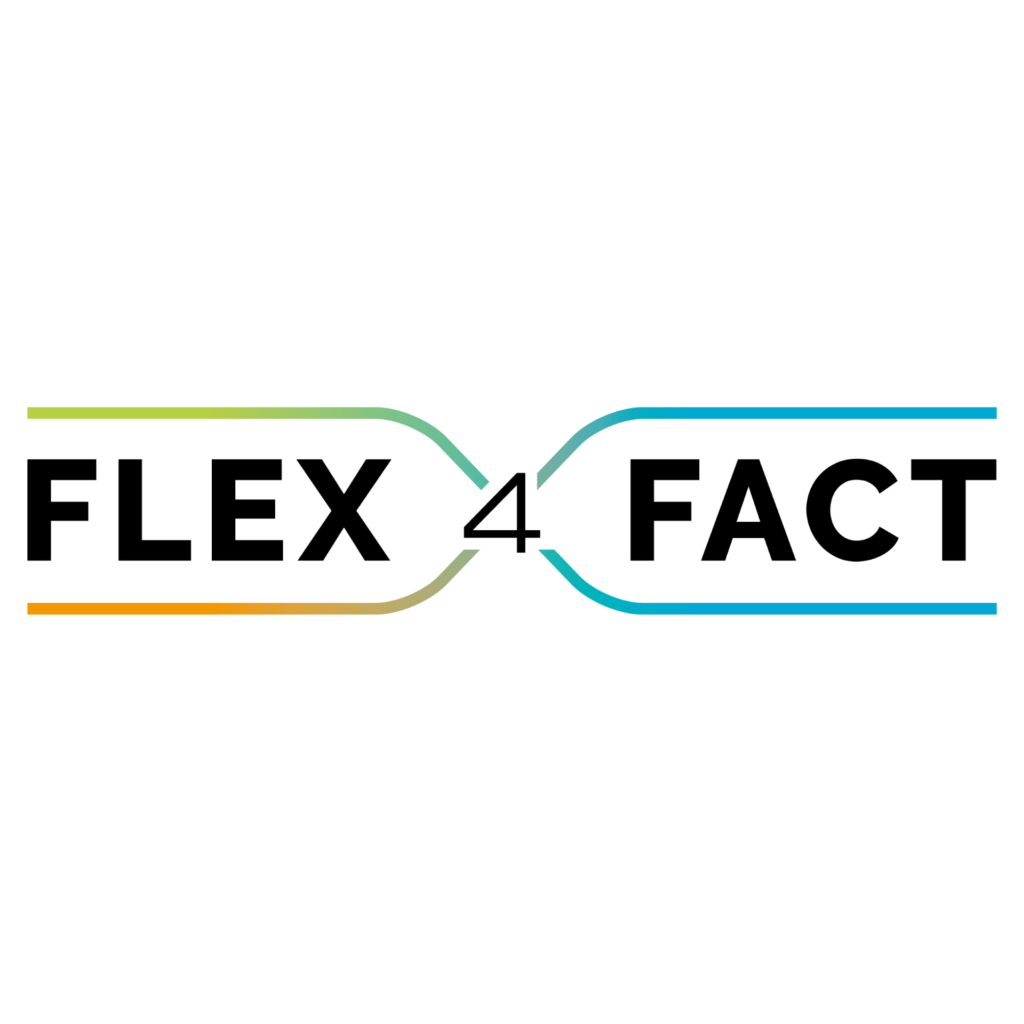
Increasing production and decreasing environmental damages is a key target in the digital transformation of production plants. The EU-funded HyperCOG project proposes an advanced industrial cyber-physical system (ICPS) that will increase production performance, limit emissions and energy consumption, and offer lifelong training in digitalisation for workers. The system is built on technological advances accessible in the market. It offers a hyper-connected network of digital nodes that can receive considerable streams of data in real-time. As a result, it can supply industrial plants with awareness and cognitive reason. The impacts of the system on productivity and environment will be verified on three use cases included in the SPIRE scope – in the steel-making, cement and chemical sectors.
Furniture manufacturing is big business that accounts for more than 25 % of world furniture consumption. It is also going through a big transformation – from a Do It Yourself (DIY) to a Do It Together (DIT) approach. The EU-funded INEDIT project will create an ecosystem to transform the DIY approach within FabLabs into a professional DIT approach. It will capitalise on the knowledge, creativity and ideas of design and engineering conceptualised by interdisciplinary stakeholders and sometimes even new actors. To demonstrate the potential innovation around social manufacturing within the circular economy, the project will test it in four cross use cases: sustainable wood panels manufacturing and 3D-printing of wood, 3D printing of recycled plastic and ‘smartification’.
Advances in optoelectronics technologies is causing a revolution in consumer electronic goods, solar energy, communications, LED, industrial laser, and other fields. At present, the optoelectrical manufacturing is facing significant challenges in dealing with the evolution of the equipment, instrumentation and manufacturing processes they support. The industry is striving for higher customisation and individualisation, implying that systems configurations need to change more frequently and dynamically.
IQONIC will offer a scalable zero defect manufacturing platform covering the overall process chain of optoelectrical parts. IQONIC covers the design of new optoelectrical components and their optimised process chain, their assembly process, as well as their disassembly and reintroduction into the value chain. IQONIC will therefore comprise new hardware and software components interfaced with the current facilities through internet of things and data-management platforms, while being orchestrated through eight (8) scalable strategies at component, work-station and shopfloor level. The IQONIC technologies will be demonstrated in 4 demo sites covering a wide range of products and processes.
